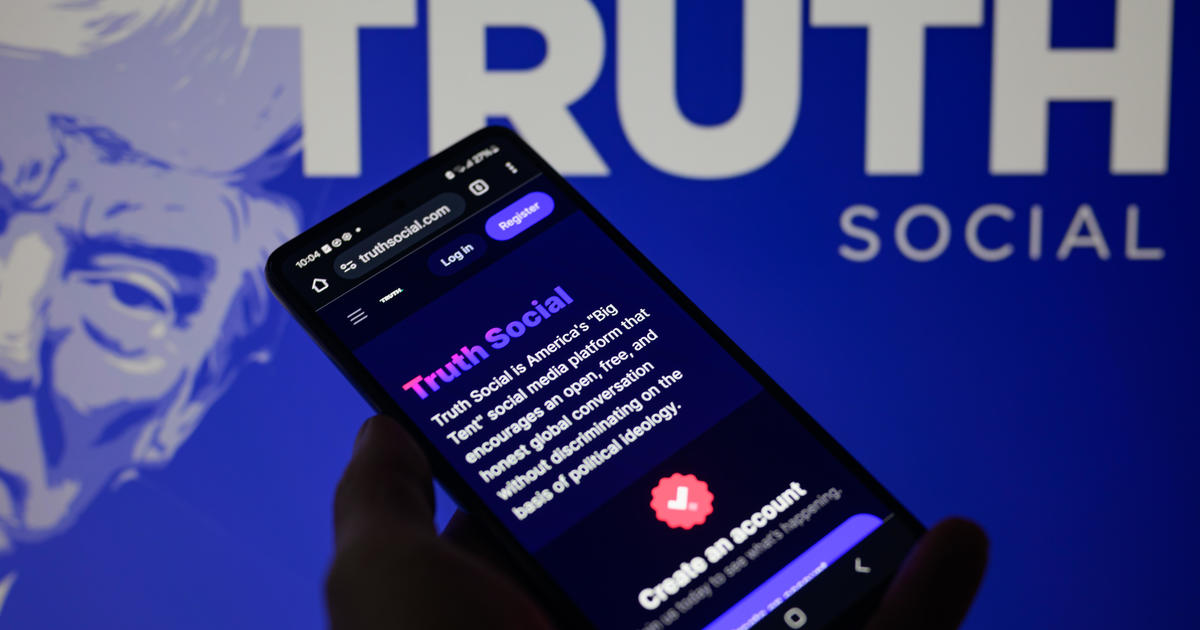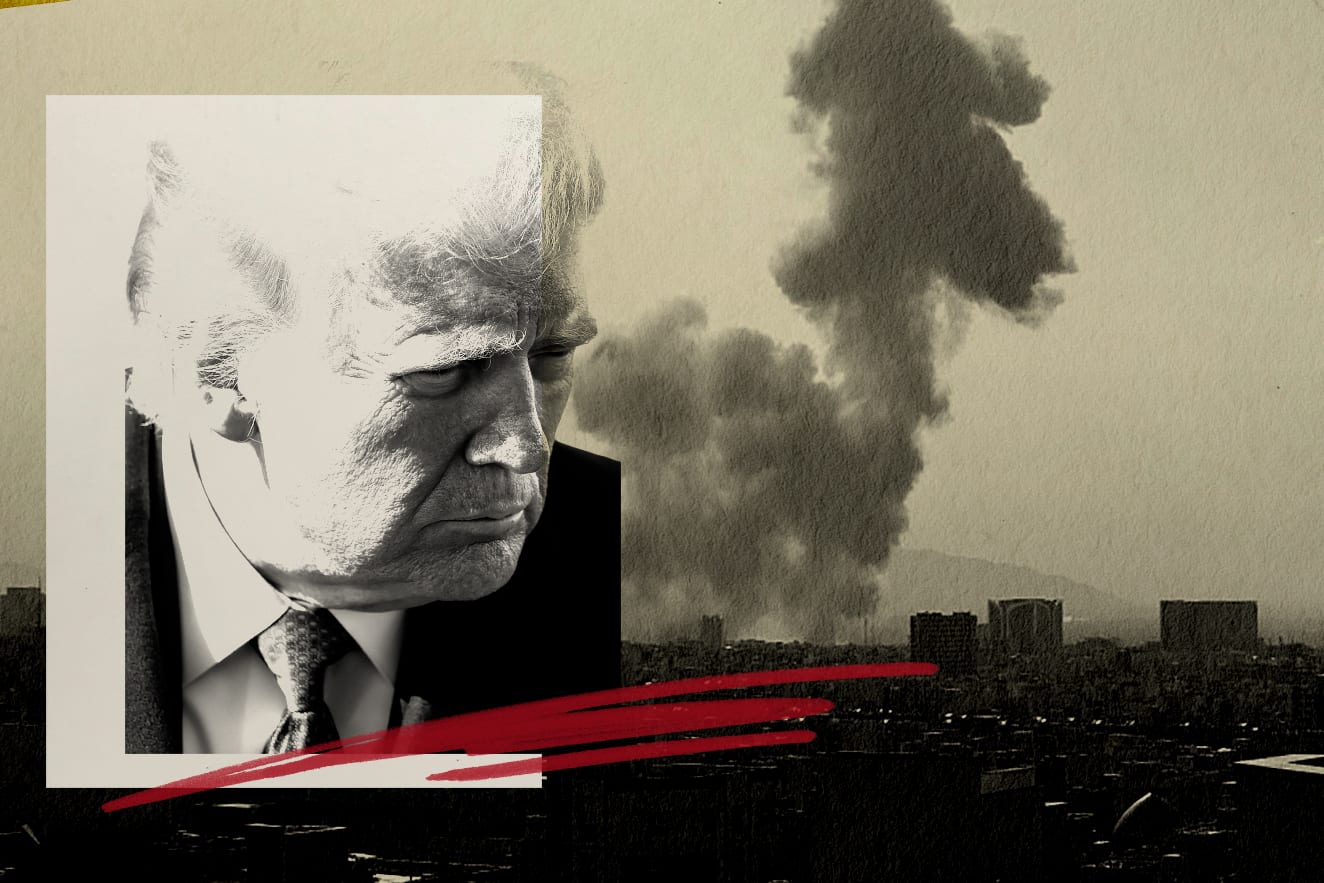How porous is new wall between Donald Trump and his family business?
Donald Trump is separating himself from his family real estate business on paper, but questions remain. After all, no airtight legal strictures prevent him from dealing with the Trump Organization.
The president-elect brushes aside using a blind trust, which would legally prevent him from having any input into the business. All that stands between him and the family empire is his word that he will keep its operations at arm’s length.
In a news briefing Wednesday, his lawyer, Sheri Dillon, described in detail the “wall that we are building between President-elect Trump and the Trump Organization.” Just as some wonder whether the wall he seeks to build on the Mexican border actually will keep out illegal immigrants if it’s ever built -- they’ve managed to evade other barriers in the past -- this legal wall from his company may turn out to be just as porous.
“Trump’s workaround is a totally fraudulent runaround. A Potemkin Village of a trust at best,” wrote Laurence Tribe, a Harvard Law professor, in a tweet afterward.
To be sure, the Trump Organization is a creature of byzantine complexity, with an estimated 500 stakes in businesses in 20 countries. Some are wholly owned by the company, but a lot are licensing deals, where a building gets the benefit of the Trump brand name and management by the Trumps, who in turn receive a slice of its equity. Forbes magazine estimates his net worth at $4.5 billion, and Mr. Trump insists it’s more than twice that. As president, Mr. Trump is not required to follow conflict of interest rules, but pointed out that he is taking these steps voluntarily.
“This is so different” from the average wealthy person’s holdings in securities, said Bruce Steiner, an attorney with New York firm Kleinberg Kaplan Wolff & Cohen. “It’s uncharted waters.”
Under the plan, Mr. Trump would relinquish management of the company to his two adult sons, Donald Jr. and Eric, along with its longtime chief financial officer, Allen Weissenberg. Placed into what the lawyer describes as a trust, the Trump Organization would not pursue any new foreign deals, and new domestic ones must be cleared by an ethics adviser the Trump brothers will hire.
Mr. Trump pledges to remain clear of the company’s doings, including any information about it. His sole data about the privately held enterprise would be a profit and loss statement that would contain no details, such as how particular business lines or properties were faring.
Mr. Trump, his lawyer said, “should not be expected to destroy the company he built.” Dillon rejected a series of possible alternatives as impractical. Divesting the vast company would result in a “fire sale,” she said, in which the family would get less than the assets are worth because the Trumps would be in a rush to unload them. And it’s true that, since many of his holdings are in real estate, they can’t be sold quickly like a stock or a bond.
On the other side of the coin, Dillon argued, if someone bought a Trump property, critics could claim the buyer overpaid the Trump Organization to curry favor with the White House.
Similarly, attorney Dillon rejected Mr. Trump’s selling the company to his children because that would entail taking on massive debt from third parties, whose motives would be suspect. And if Mr. Trump lent his kids the money, he still would have an interest in the business as a creditor.
Significantly, the notion of a blind trust got the heave-ho from Dillon, who insisted that “you cannot have a totally blind trust with operating businesses.” Part of a traditional blind trust is that information about it is withheld from the beneficiary, in this case Mr. Trump. “President Trump can’t unknow he owns Trump Tower, and the press will make sure that any new developments at the Trump Organization are well publicized,” she said.
But a blind trust has another element: control. And that would require a trustee who has nothing to do with the Trump family.
As Harvard’s Tribe, along with two previous White House ethics lawyers, Norman Eisen (for Barack Obama) and Richard Painter (for George W. Bush), recently wrote in Politico magazine: “The whole point of having an independent professional trustee control conflicts is that he or she can be trusted not to leak information to the president, influencing his judgment. An owner’s child is by definition not independent.”
The key element here is Mr. Trump’s willingness, day after day, year after year, to maintain a hands-off relationship with his sons in terms of the business. He is famously involved in the smallest item in a new building, down to the color of the drapes. Given that, expecting Mr. Trump to actually wall himself off from talking to his sons about the Trump Organization is asking a lot.
“I question whether this can happen,” said Eric Schaefer, an adviser with Evermay Wealth Management in Arlington, Virginia. In contrast to Dillon’s views, Schaefer said he had seen instances of operating businesses held in a trust.
To Robert Wood, a tax expert who heads his eponymous law firm in San Francisco, it would make little difference to Mr. Trump how much of a financial stake he has in it if he had stepped aside from an operating role. Taking IBM (IBM) stock as an example and assuming the president-elect wished to remain a passive investor, he said, “Even if Trump owned 95 percent of IBM shares, he still would not be running the company.”
At Wednesday’s briefing, lawyer Dillon seemed to say that the attention on the disposition of Mr. Trump’s business during his presidency was somehow overblown. “As you know, the business empire built by President-elect Trump over the years is massive, not dissimilar to the fortunes of Nelson Rockefeller when he became vice president,” she said. “But at that time, no one was so concerned.”
Actually, a lot of people were concerned in 1974, when Rockefeller underwent four months of grueling hearings on Capitol Hill, before Congress approved him as the No. 2 to Gerald Ford, who became president upon the Watergate-fueled resignation of Richard Nixon. Rockefeller ended up releasing a dozen years of tax returns -- Mr. Trump has kept his from public view by citing an ongoing IRS tax audit. And Rockefeller promised to put his assets in a blind trust, but in light of all the disclosures he had made, lawmakers finally cut him some slack and ruled that wasn’t necessary.
Mr. Trump will surely be exempt from such an inconvenience.



